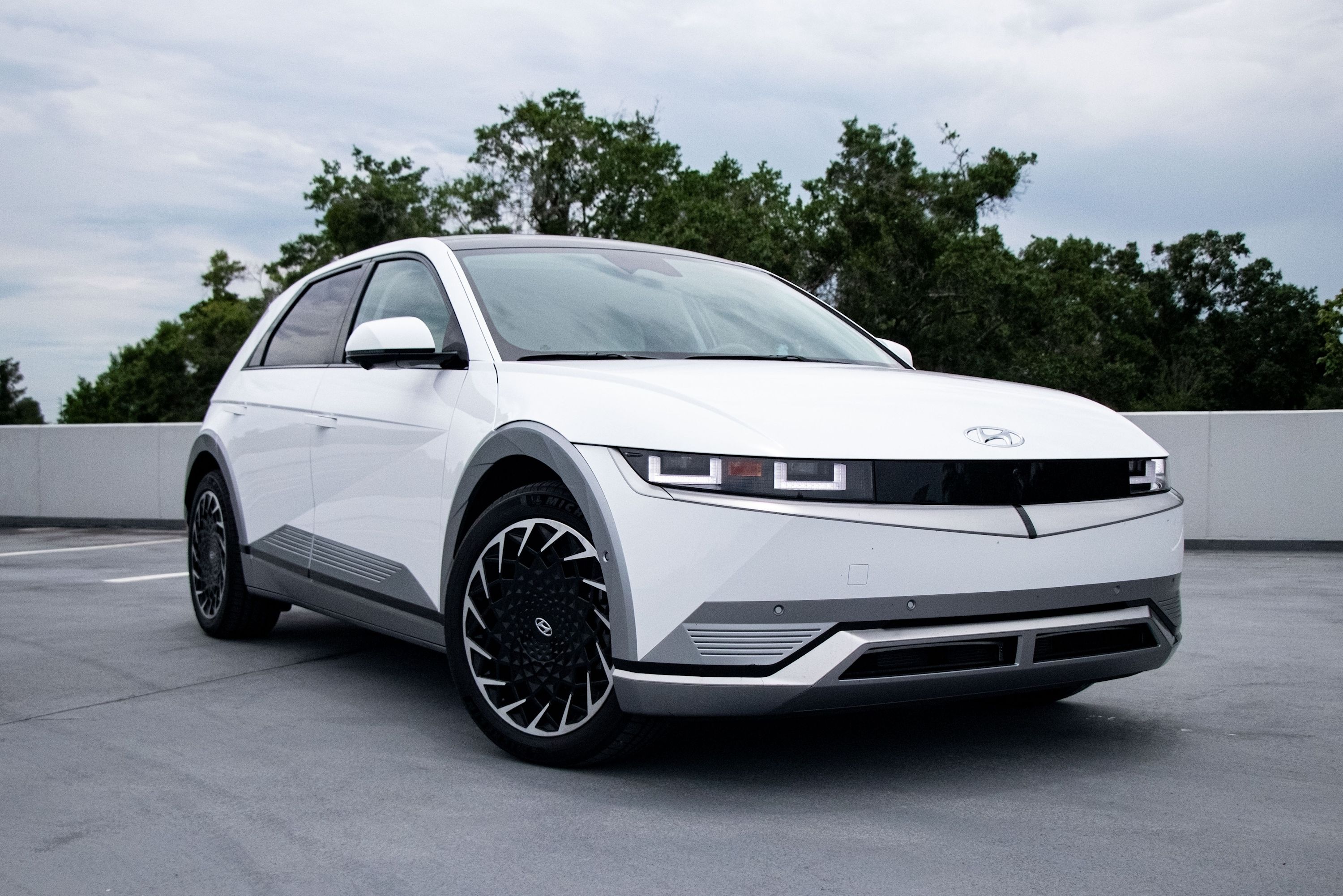
The California legislature has proposed a new law that, if passed, will require all new EVs sold in the state to be equipped with bidirectional charging beginning in 2027.
SB 233, per ChargedEVs, has already passed the state's Senate Energy Committee and has been sent to the Senate Transportation Committee for additional discussion. For those who don't know, bi-directional charging is a technology that allows an electric vehicle to send its energy to other electric devices.
The Golden State sees this technology as a massive benefit because EVs' battery packs could be used to help assist the already troubled power grid, as well as be used to charge homes in the event of blackouts. "EVs are energy storage on wheels. Why waste that battery, given how few miles most people use the vehicle in any given day?" said the bill's sponsor, State Senator Nancy Skinner. "But we need to make it as easy as possible."
Not every new EV has bidirectional charging, so if California passes this law, it will force automakers to begin making the necessary preparations. The Hyundai Ioniq 5, which rides on the advanced E-GMP platform, already has bidirectional charging with its vehicle-to-load (V2L) feature, which allows owners to transfer energy from the EV's battery to power electrical devices. There's a massive benefit for fleet owners, as they can use several cars to power an entire building during peak hours.
The F-150 Lightning has the technology which Ford calls the Intelligent Backup Power system. Volvo also plans to introduce the tech with the upcoming EX90. California's bill proposes making this change beginning on July 1, 2024, so things are moving quickly.
Last year, the state expanded its bidirectional charging pilot programs and said it's already benefiting disadvantaged communities. A 60 kWh EV battery can provide backup power to the average US household for two to three days, at least.
Looking further ahead, California's EVs will have around 60,000 megawatts of stored energy in their batteries by 2030. Skinner says that if just 10% of that energy can be sent back to the grid, then "we can get through what we went through last year without turning on the backup generators."
The state's power company, PG&E, has already begun preparing the grid for bidirectional charging but has made it clear to lawmakers that widespread adoption is still not ready. California has a long history of enacting environmental laws, such as being the first state to declare that all new vehicles sold there must be fully electrified beginning in 2035.
Several other states quickly followed and will likely do the same again if SB 233 becomes law.
